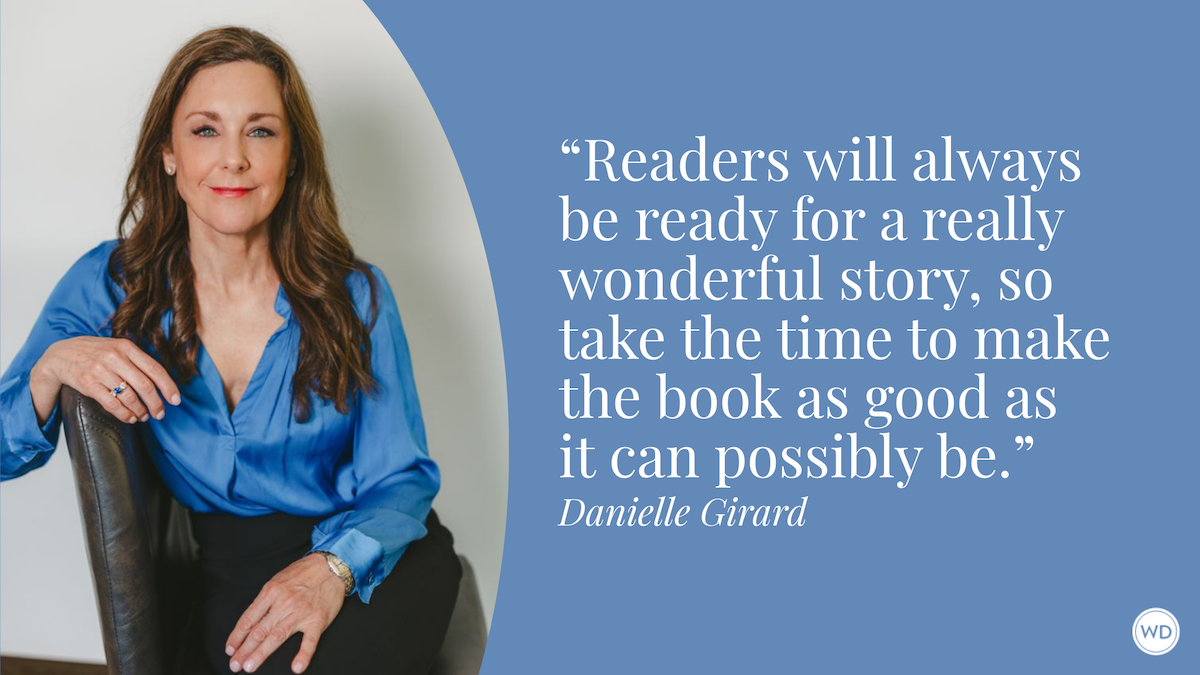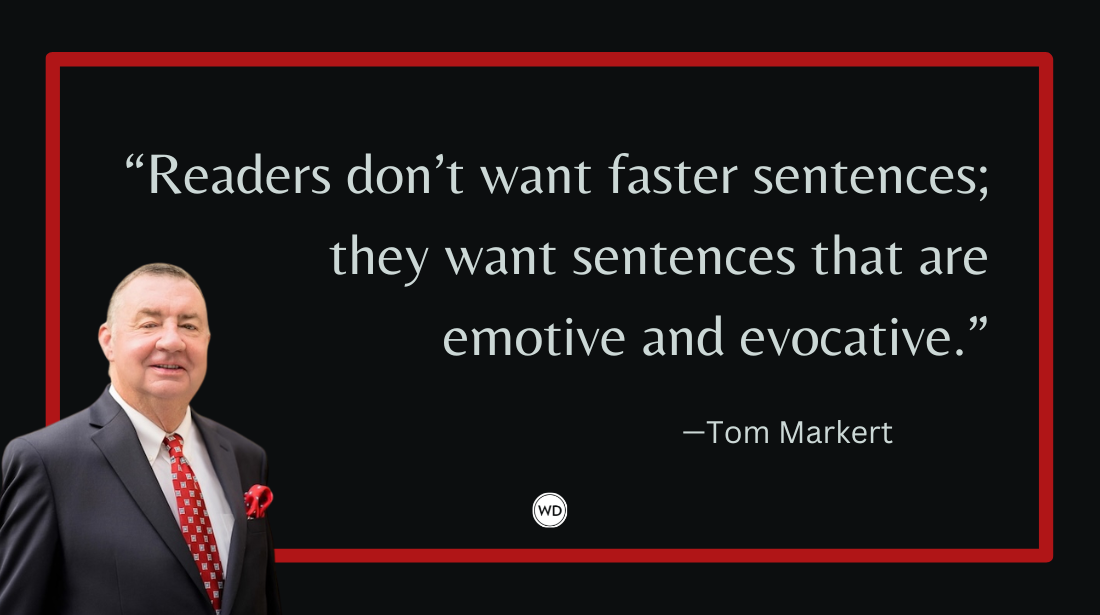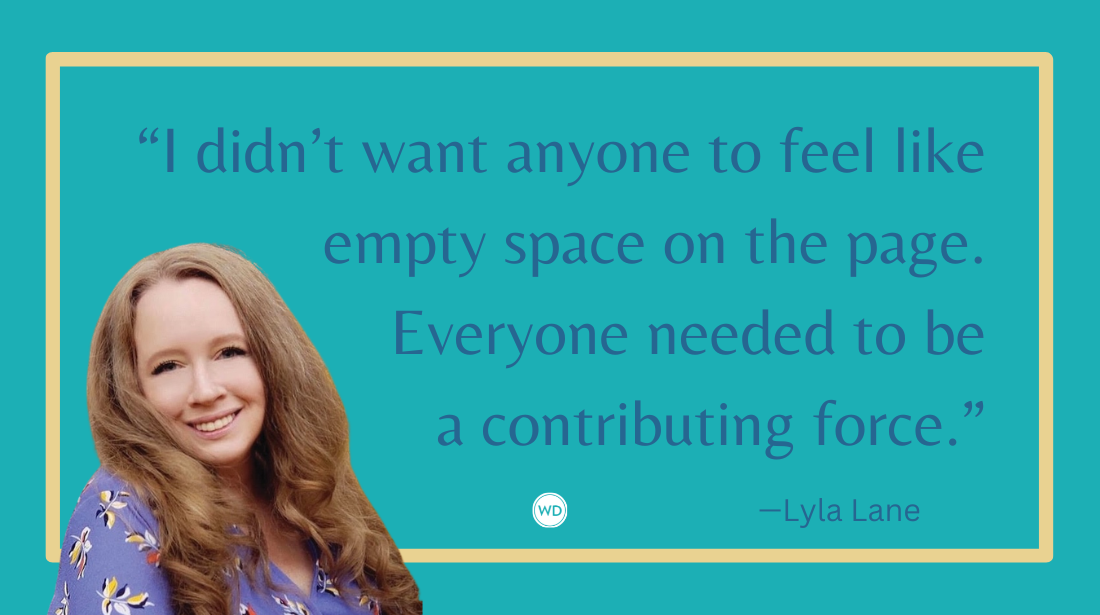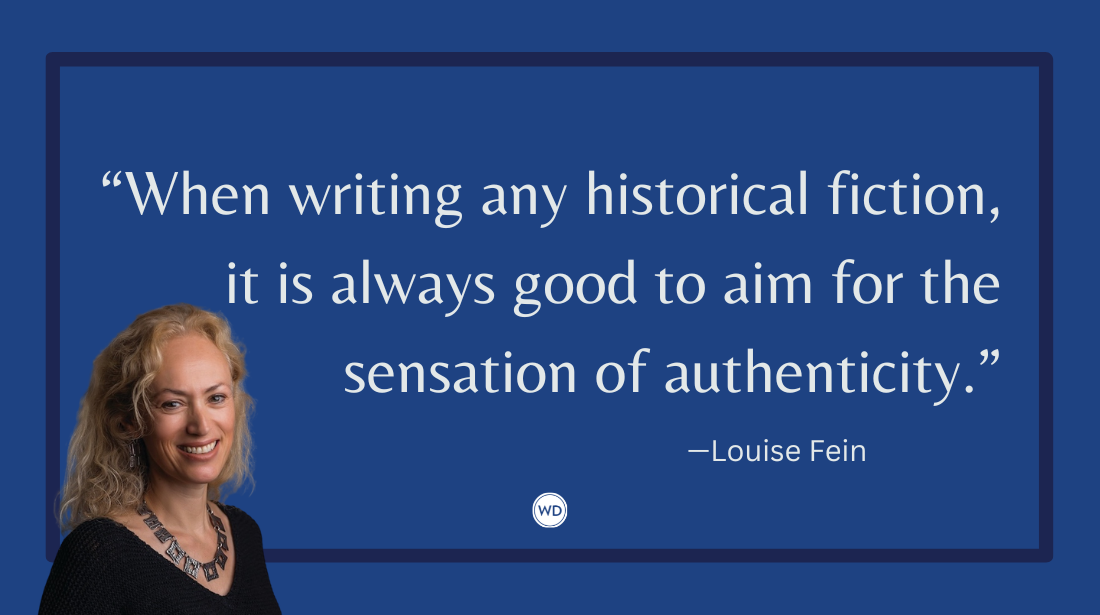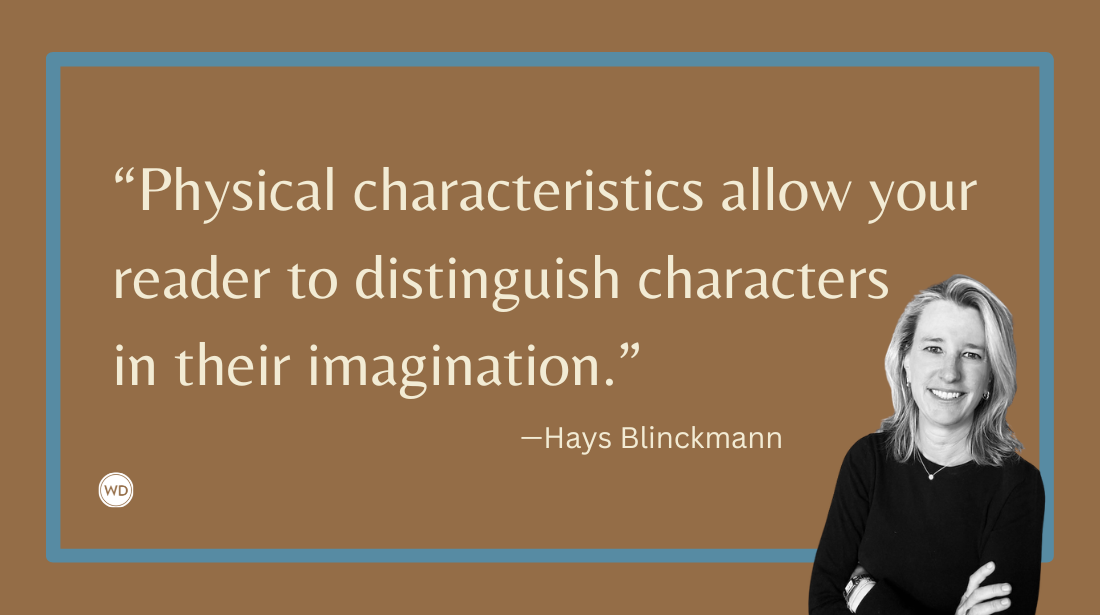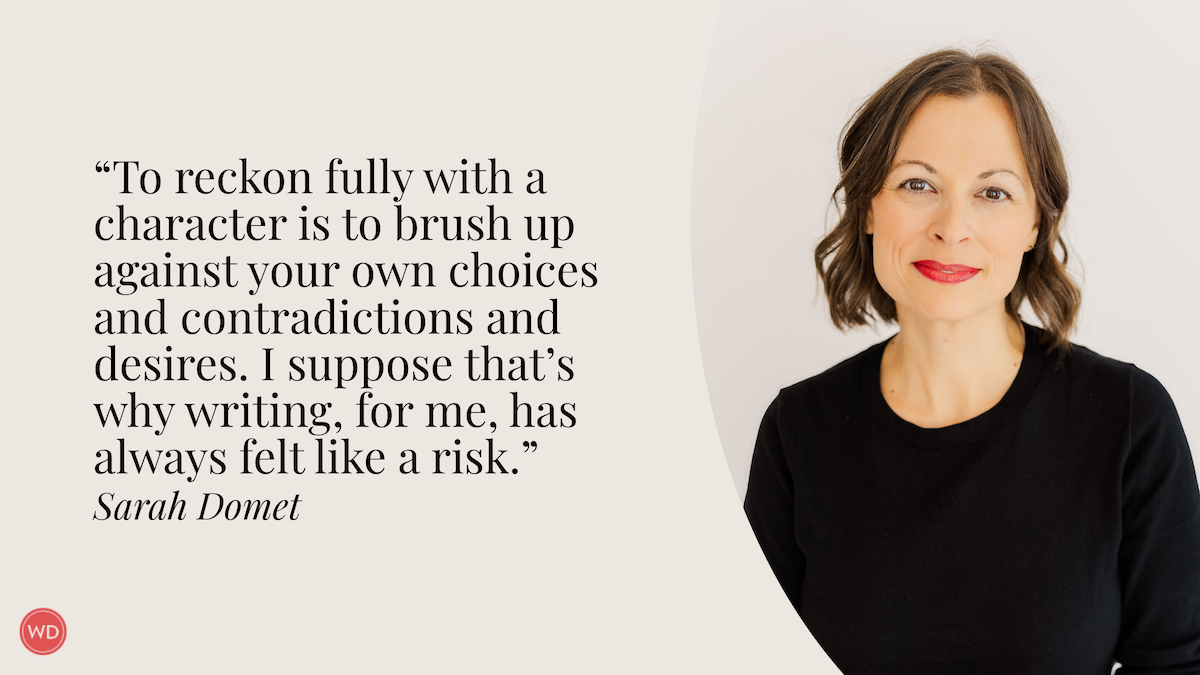Ghosts in Storytelling: Dynamic Literary Tool or F@*#ing Stupid
Author S.L. Woeppel summons up a conversation between her and her spouse about the use of ghosts in storytelling (specifically, her story).
Like many writers, I have a go-to reader for my first and very rough drafts. For me, it’s my spouse. Some time ago, I handed him the first chapters of The Butcher and the Liar then sat down across from him in my living room—eagerly awaiting even the slightest facial tick that would indicate amazing masterpiece or utter trash. Annoyingly, he always sits stoically, just takes out his pencil here and there to write something before returning it to his ear and continuing. So, I was a bit surprised when in chapter two of the book—he dropped the pages to his lap in a huff. “Ugh. A ghost? Really? I hate ghosts,” he said. “They’re f-ing stupid.”
As I mentally threw my glass of wine and e-reader at his face, we discussed calmly—like adults. “Lazy,” “too easy,” and “unfinished business bla bla bla” were some of his words used to describe the use of a ghost in storytelling.
Instead of pointing out that the best baseball movie of all time had ghosts, as did the movie with the kid who saw ghosts (everyone loved that one), I calmly explained that sure—it can be done poorly. But if used effectively it can be a great storytelling tool and make an incredibly compelling work of fiction. Its uses are endless.
I went on to explain that yes, it can be used to represent unfinished business, but there are a myriad of other ways to deploy the tool. It can represent the ever presence of something, like lingering guilt and shame. It can be a curse, something of cultural import, or a burden the character carries, or just another character. It’s how you play it out that matters—it’s in the storytelling.
He stared at me, unconvinced.
“Shakespeare. Sebold. Dickens,” I told him. “A huge portion of the horror genre.” Then I stopped because I couldn’t think of any more in that moment. “I have to come to it in a way that’s just different enough to be interesting. The ghost that ‘haunts’ Daisy (my protagonist) is the manifestation of her shame about how the ghost came to be a ghost but it’s more to point out how alone she is. Daisy is so young and all she has is this ghost. She hates the presence of the ghost and tries every day to rid herself of it, but in the end, she questions who she would be without the ghost, without the guilt she carries. It’s become her whole identity.
“Remember that early 90s movie Heart and Souls,” I said—it’s one of Robert Downey Jr’s lesser-known masterpieces— “We liked that—”
His hand went up. “Nope,” he said. Okay—maybe I was a bigger fan than he was.
“Fine,” I said before I paused to consider it. It wasn’t like him to dislike something so vehemently in my writing. He was great at helping me think through stuff. So, I thought about the ghost.
Then I decided. Nope. Use of a ghost could be done well. It had been, on many an occasion. I would do it too.
“It’s a dynamic literary tool,” I said with greater conviction. “Marina (my ghost) doesn’t know who she is—doesn’t know the role Daisy played in her grisly death. She’s a full character by herself. She has her own story arc and the relationship between her and Daisy is wrought with angst. They hate each other. They ignore and antagonize each other. Marina is the ever-present sin of Daisy’s past and her moral barometer—but they still want to shove each other down the stairs most of the time. The story is about murder and shame and family and how the three live together in a single home. It’s about guilt and non-guilt and what humans are capable of. It’s dark and twisty and the ghost is essential.” Before I rested my case, I repeated with more emphasis, “It’s a dynamic literary tool!” as though it was all I needed to convince him.
He eyes. It was his version of an eye roll.
“Okay. Maybe just think of her as the undead?”
He considered that. Then he shrugged and just before returning to the pages, he said, “That could work.”
Check out S.L. Woeppel's The Butcher and the Liar here:
(WD uses affiliate links)




